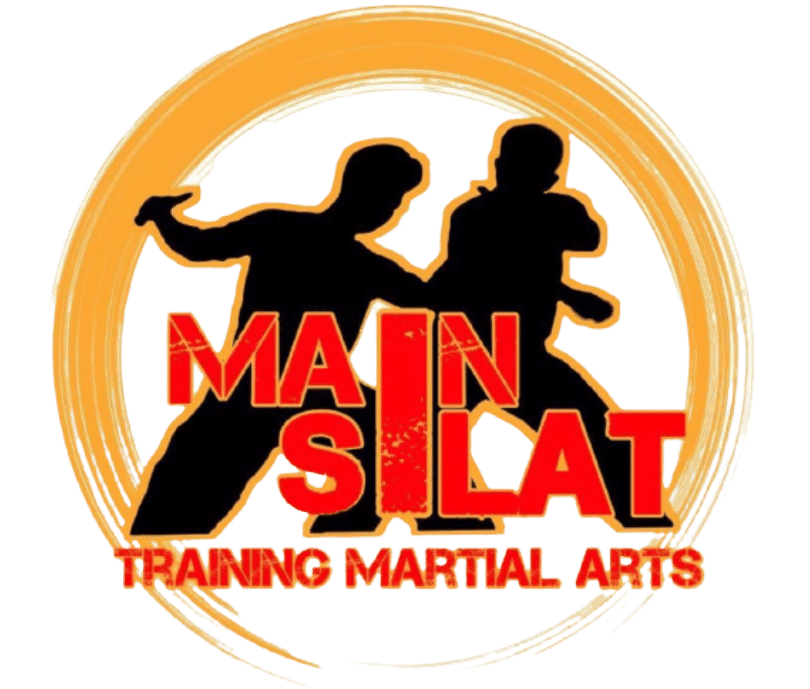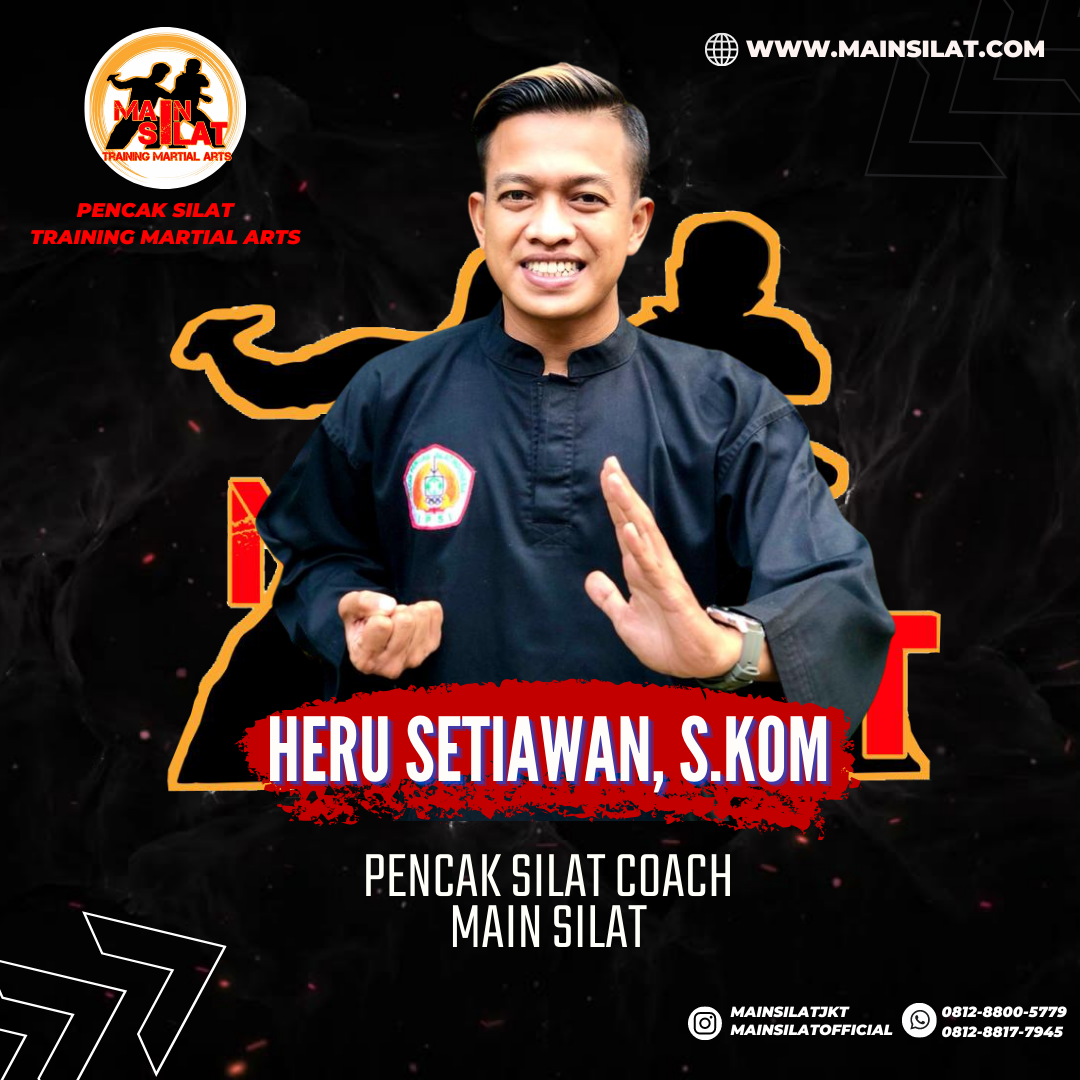Wow — you’ve got an idea that could turn a fundraiser into something massive, but you’re not sure where to start; here’s a short checklist that gives immediate value: define the purpose, confirm regulations, set realistic timelines, secure partners, and draft a clear prize and payout plan so the event doesn’t collapse under admin load. This quick checklist gives you something actionable in the next 24–48 hours, and we’ll unpack each item below so you can move from idea to launch without guessing.
Hold on — before we dive deep, note the top-level numbers you’ll need right away: aim for a minimum marketing budget of 5–10% of the prize pool (so $50k–$100k for $1M), set aside 3–5% for compliance and legal fees, and plan operating costs (platform, staff, streaming) at another 5–8%; these baseline figures let you test viability quickly and save time later when you speak to sponsors and venues. With those numbers pegged, we’ll sequence the work to hit a launch date in 3–6 months depending on permits and partner speed.

1) Define the Tournament Model and Value Proposition
Here’s the thing: is this tournament online, hybrid or live? Choose early because the model changes everything — online lowers venue costs but ups platform and streaming needs, while live events justify sponsorship activation but require more permits and insurance. Once you decide on the delivery model, you can sketch the user journey (registration → qualifiers → live finals) and that will determine prize distribution and participant caps.
On the prize side, a $1M pool can be structured as guaranteed prize money, a mix of guaranteed + crowdfunded bumpers, or tiered guarantees across multiple events; each choice affects cashflow and sponsor appetite. Crowdfunding parts of the pool through ticket tiers or charity match rounds reduces upfront cash exposure and gives donors a clear cause narrative, so we’ll explore funding mixes in the next section.
2) Funding the $1M Pool: Sponsors, Donations & Ticketing
My gut says start with a three‑pillar funding plan: anchor sponsor(s) for headline coverage, a donation campaign for the community feel, and ticketing/entrant fees to cover operational costs — this diversification lowers risk and increases credibility for big partners. Anchor sponsors commonly cover 40–60% of the prize pool in exchange for naming rights, broadcast slots, and targeted activations, so prepare a professional pitch deck with audience data and ROI estimates.
Practical example: if an anchor sponsor commits $400k, your crowdfunding aims for $200k (crowdfund tiers and charity auctions), and entrant fees plus secondary sponsors fill the remaining $400k, you reach the $1M target with buffers for fees and payout taxes. That allocation influences the marketing pitch and the legal paperwork you’ll need to show to regulators next.
3) Compliance, Licences & Payment Flow (AU focus)
Something’s off if you launch without checking local gambling and fundraising rules — Australia has state-based requirements and ACMA influences online activity, so early legal advice is essential to avoid frozen payouts or blocked promotions. You’ll need to decide whether the prize constitutes a gambling product or a charitable raffle in your jurisdiction, and that decision dictates licensing, KYC, and responsible-gaming safeguards.
Operationally, set up payment rails to separate donor funds, entry fees, and prize escrow accounts; use transparent escrow or trustee arrangements so donors know funds are isolated and will be disbursed properly. In the next section we’ll look at tech tools for registration, escrow and streaming, and how to choose a provider that supports trust and auditability.
4) Platform, Streaming & Trust: Choosing the Right Tech Stack
At first I thought any event platform would do, then I realised the stack needs to cover registration, tournament brackets, live streaming, chat moderation and secure payouts — pick a platform that offers API access, robust anti‑fraud measures and an easy KYC flow to avoid friction at payout time. If you plan to offer on‑site or remote viewer rewards (like cashback or promos), ensure the platform supports conditional bonuses and wagering rules where relevant.
Comparison table below helps decide quickly — once you pick a stack, you can build the participant experience and create sponsor-facing integrations for data and branding.
| Component | Option A (Low Cost) | Option B (Mid) | Option C (Premium) |
|---|---|---|---|
| Registration & Brackets | Off-the-shelf SaaS (fast) | Customizable platform | Fully bespoke solution |
| Streaming | Third-party stream (Twitch/YouTube) | White-label embedded | Studio-grade multi-camera |
| Payment / Escrow | Payment gateway + manual escrow | Escrow provider + automated splits | Bank-trust with audit reports |
| KYC & Compliance | Basic ID checks | Automated ID + manual review | Full AML/KYC flow + compliance officer |
Next you’ll want to lock a payment and escrow provider and test payouts end-to-end with dummy accounts so nothing goes wrong on launch day, and that brings us to promotional mechanics and offers.
5) Promotional Mechanics: Cashback Offers, Charity Uplifts & Prize Rules
That bonus looks too good? Good instinct — promotional offers must be clear: if you run cashback up to 20% for entrants or viewers, define calculation rules, qualifying transactions, caps and timing to avoid disputes. Clear examples in the T&Cs (sample math) prevent confusion — for instance, 20% cashback capped at $100 applied on net losses within event week, issued as donation matching or as future-entry credit, depending on your regulatory stance.
One practical partner you might approach for promotional execution and platforms is pokiespinz.com official, which can provide campaign mechanics and user engagement features for audience-first activation; the vendor can help implement cashback logic and bonus communication. Having such a partner helps operationalise the promotional layer while you focus on compliance and charitable reporting.
6) Timeline, Staffing & Budget Checklist
At first I thought a three-month sprint would do, then realised six months is safer to lock sponsors, secure permits and test payouts; aim for a 16–24 week plan with milestones: discovery (2 weeks), sponsor outreach (6–8 weeks), tech integration (4–6 weeks), testing & dry runs (2–4 weeks), promotion ramp (4 weeks). This schedule breaks the work into predictable sprints so nothing is left to the eleventh hour.
Quick staffing checklist: event lead, compliance officer, platform engineer, community manager, broadcast director and a payments lead; budget each role for at least part-time commitment for the project duration and include contingency (10–15%) for last-minute fixes. With roles defined, you can draft the sponsor deck with clear activation options and projected reach.
7) Quick Checklist (Actionable Items)
- Confirm legal classification of prize in your state/territory; hire counsel if unclear — this prevents freezes on payouts and ensures compliance for donors and entrants.
- Create a funding map (anchor sponsor, donations, entries) and secure 30–50% of funds before public announcement to show viability to partners.
- Select platform and test KYC → payment → escrow → payout flow end-to-end with dummy data to avoid surprises on day one.
- Draft transparent T&Cs for cashback/bonuses and make sample calculations visible on the event page to reduce disputes later.
- Run a paid pilot (small prize pool) to validate tech, promotion channels and compliance before scaling to $1M.
These checks prepare you to negotiate confidently with sponsors and to launch with trust in the system, which leads into our section on common mistakes to avoid.
8) Common Mistakes and How to Avoid Them
- Underfunding operational costs — always budget platform and payout fees separately and build a contingency of 10–15%.
- Vague T&Cs — avoid ambiguity by including worked examples of cashback and prize calculations; vague rules lead to disputes and bad PR.
- Ignoring KYC/AML early — test your ID flow with sample winners to prevent blocked payouts; delayed KYC is the #1 payout delay cause.
- Overpromising reach to sponsors — give conservative projections and underpromise/overdeliver with audience metrics.
Fixing these common errors upstream saves reputation and preserves donor confidence, and now we’ll address a few practical questions organisers always ask.
Mini-FAQ
Q: How do I protect donor funds before the final payout?
A: Use a trustee or legally separate escrow account with audit trail; publish periodic statements and appoint an independent auditor if the sum is material, which builds public trust and satisfies many sponsors.
Q: Are cashback-style incentives OK for charitable events?
A: They can be, but must be structured transparently and in line with local fundraising laws; for example, issue cashback as donation matches or future credits, and make eligibility and caps explicit in promotional materials.
Q: When should I involve legal and compliance advisors?
A: As early as possible — ideally during the model selection phase — because classification (raffle vs competition vs gambling) drives licences, tax treatment, and KYC requirements.
To operationalise promotion and user engagement you’ll want a partner experienced in running incentive mechanics at scale, and an example provider that integrates marketing, cashback, and campaign reporting is pokiespinz.com official, which can help with campaign rollout and technical buildouts to keep participant friction low. With a partner in place, focus shifts to final rehearsals and broadcast readiness.
18+ and responsible‑gaming reminder: if your tournament involves wagering mechanics or incentives that could be construed as gambling under local law, include age gates, clear risk messages, deposit limits and links to local helplines; always consult legal counsel on regulatory obligations and maintain transparent reporting for donors and regulators.
Sources
- Australian communications and fundraising guidance (consult local state regulators for details)
- Event planning best practices and escrow management guides (industry standard publications)
- Payments & KYC provider technical docs (vendor-specific)
About the Author
Author: Sophie Lawson — events & iGaming operations consultant based in NSW, Australia. Sophie has run charity and commercial tournaments, managed prize escrow operations, and advised on promotional mechanics and compliance for AU-facing events. For consultancy and campaign advisory, reach out through professional channels; Sophie’s experience focuses on safe, scalable activations that protect donor trust and ensure timely payouts.


